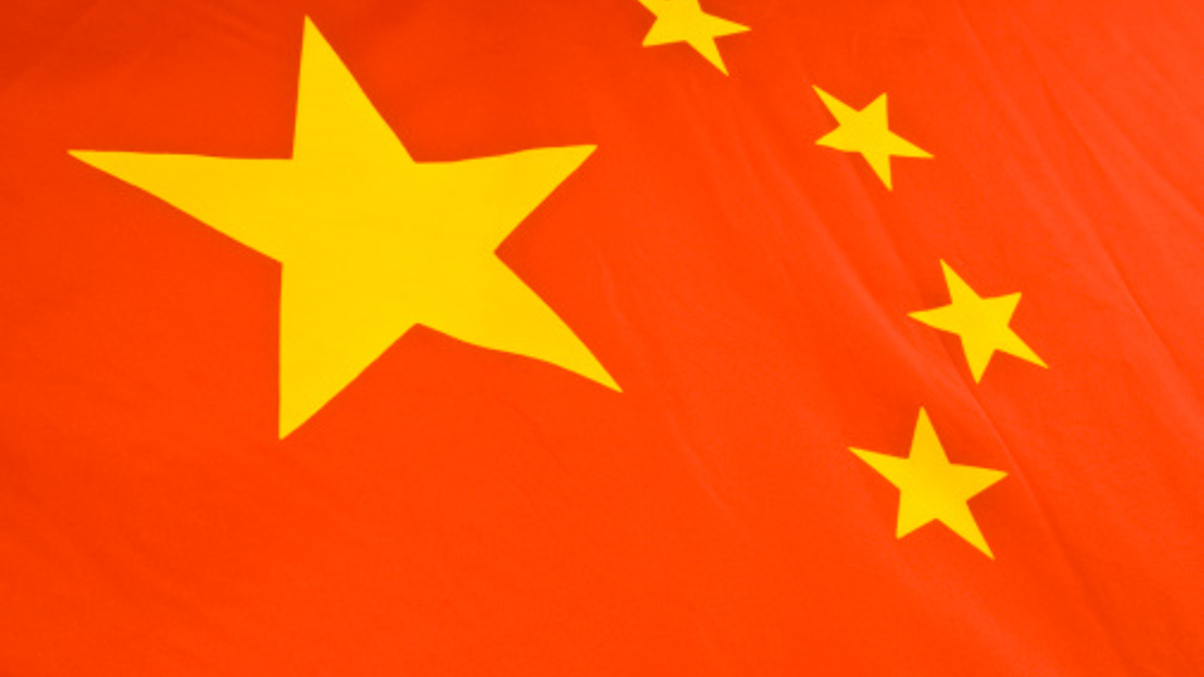QFIIs welcome approval of index futures trading
The first five QFII holders have been approved to trade Chinese index futures, which should in theory make it easier for them to provide absolute return in a market downturn.

A batch of five qualified foreign institutional investors (QFIIs) has become the first group to be approved to trade stock index futures in China after a 20-month wait.
Sign in to read on!
Registered users get 2 free articles in 30 days.
Subscribers have full unlimited access to AsianInvestor
Not signed up? New users get 2 free articles per month, plus a 7-day unlimited free trial.
¬ Haymarket Media Limited. All rights reserved.


